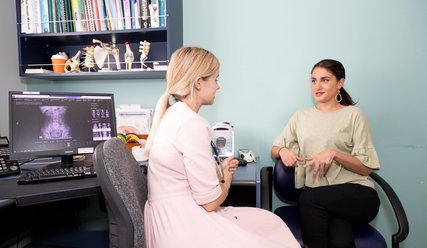Specialist GPs are worth the investment
Specialist GPs and rural hospital doctors are the first point of contact for most New Zealanders who have a health concern, and 90 percent of medical problems are dealt with in general practice.
Results released today from The Royal New Zealand College of General Practitioners 2022 Workforce Survey make for sober reading and highlight a workforce that feels more burnt-out, overworked, under pressure, and under-valued than ever before.
Dr Samantha Murton, College President and Wellington-based GP says, “I am enormously frustrated and concerned that despite our continual efforts to emphasise our importance and the key role that specialist general practitioners and rural hospital doctors play in the health of all New Zealanders, we are not seeing enough action to address the issues and our workforce is in a more precarious position than ever.”
Completed by 70 percent of the College’s membership (3,488 respondents), this biennial survey is carried out to gain demographics of the current workforce, as well as important insights into how specialist GPs and rural hospital doctors from right across the motu feel about their work, their place in the sector, and their own health and wellbeing.
What our members told us:
- Nearly one third of GPs would not recommend general practice as a career
- 79 percent reported some level of burnout, with 48 percent reporting high levels of burnout (up from 31 percent in the 2020 Workforce Survey)
- The most significant barriers relate to the current working conditions that lead to burnout and have contributed to 64 percent of specialist GPs intending to retire by 2032.
Dr Murton says, “We are at a tipping point, and it is every New Zealander who suffers when there are fewer GPs and rural hospital doctors due to low numbers being trained as specialist GPs, and more leaving the profession due to retirement and burnout.
“To truly highlight the immediacy of the situation, if the 425 specialist GPs aged 65 and over retired immediately, we estimate there would be 725,000 more New Zealanders without a doctor.
“While we were pleased to see positive progress last year with an increase in funding for GP training, we need to see more tangible actions in this year’s Budget as well as urgent action to support and value the GP workforce.
“All New Zealanders deserve timely access to their local GP, but there are simply not enough being trained. Our profession is a challenging but highly rewarding vocation to pursue, with improving health outcomes for our communities at the heart of everything we do.
“The time to act is now,” says Dr Murton.
Related

26 September 2025 | Media releases
Up to 700 GP trainees to benefit from funding boost this year

21 August 2025 | Media releases
Funding round opens for research benefitting general practice

30 July 2025 | Media releases